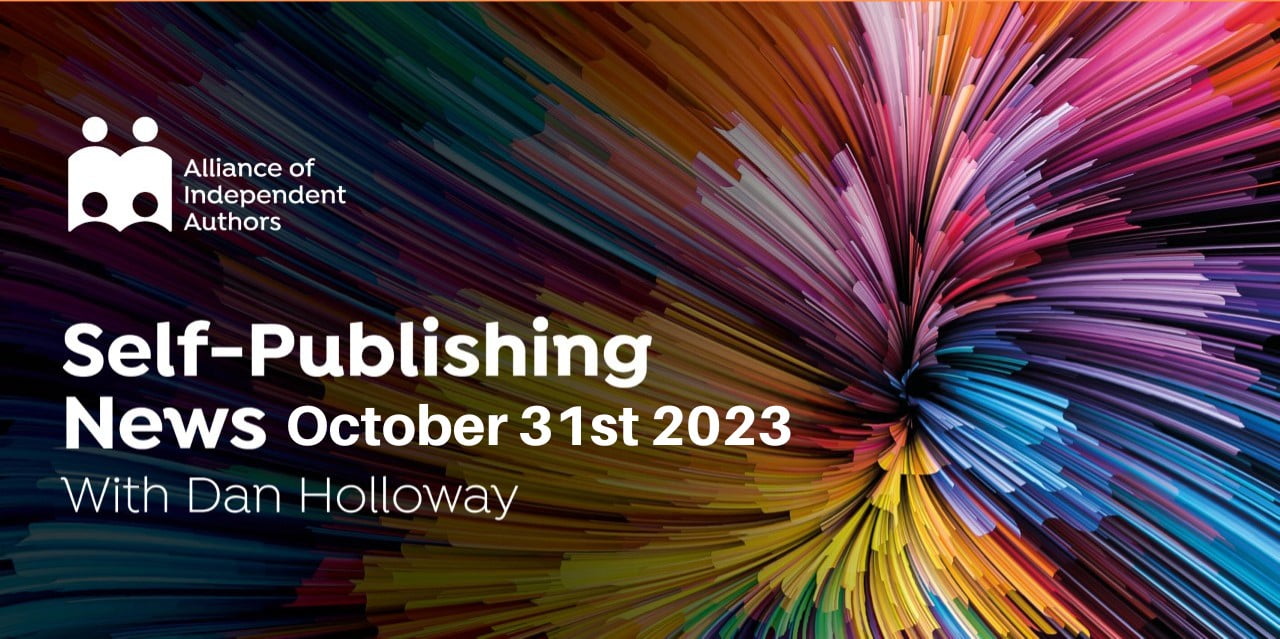
ALLi News Editor, Dan Holloway
It’s almost a year since Elon Musk took over what was then Twitter. In that time it feels, looking on, as though the platform that was once home to a thriving writing and reading community has lurched from one crisis to another. ALLi's News Editor Dan Holloway reports.
And what makes it interesting that the company itself has taken to the internet to talk about its user engagement figures. And the picture they paint, which one would imagine is designed to make X look good, is not a pretty one. The big claim is that users spend on average 32 minutes a day on the platform. But this amounts to 7.8 billion “active minutes” a month – less than the 8 billion of a year ago. Which fits with the drop to 245 million daily active users.
But not all users are equal. Premium users, who have paid their $8 a month, spend three times longer on the platform than others, possibly in a scramble to collect their share of the $20m a month paid out to creators with Premium accounts.
These figures come at the same time as X has announced the introduction of different levels of payment plans to use the platform, presumably in a bid to secure more engagement, and shore up ad revenue, as well as extracting dollars from users. Recently, of course, X started a trial in New Zealand and the Philippines to make all new users pay for any meaningful function on the system. The new announcement of payment tiers is not an expansion of this trial. It is, rather, an elaboration on the Premium service.
X will be launching two new paid rates. They sit either side of the $8 Premium service. For $16 a month you can subscribe to Premium Plus. And for $3 a month, you can get the appetisingly-named “Basic.” For now, you can still post, like, and repost for free (so long as you’re not a new user in New Zealand or the Philippines). But Basic allows you more characters and an edit facility – though not a check mark. The big difference between Premium and Premium Plus, meanwhile, seems to be the size of the “reply boost.”





If by “thriving writing community” you mean “viciously self-righteous, pro-censorship mobs,” then you’re absolutely correct: pearl-clutching, Leftist Puritans used to thrive on Twitter. I’m not sure why people lament the days when publishers were forced to pull books from publication because of the childish DEI mobs that used Twitter to shame authors, editors, readers, and publishers alike when a book failed to measure up to proper groupthink. Or hey, let’s not forget about all those lovely Middle Eastern terrorists who used Twitter to coordinate attacks.
But no, let’s run down the one person who tried to fix all that simply because he’s not of the same political flavor.